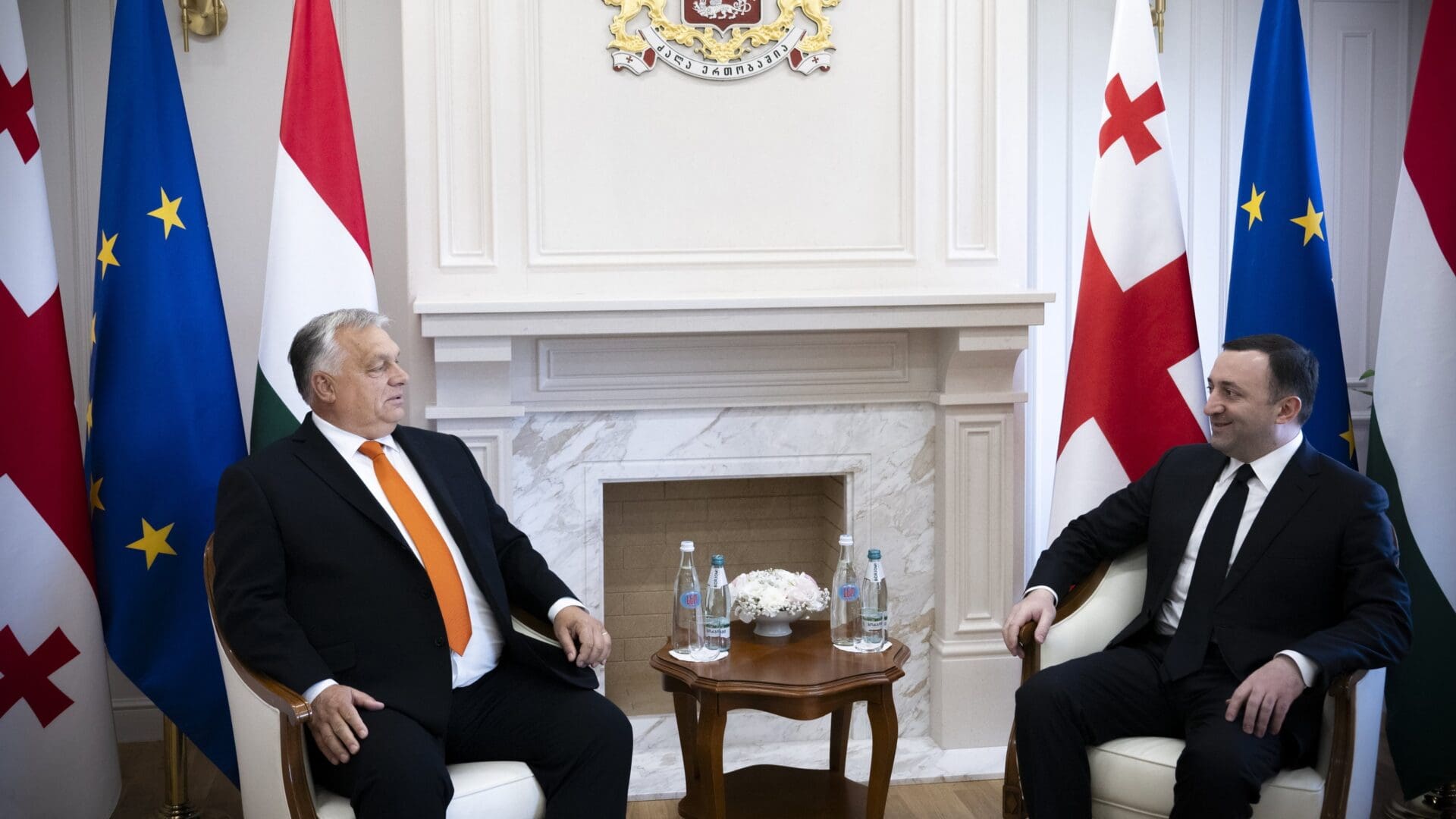Next week, Hungarian Prime Minister Viktor Orbán will be attending the One Belt, One Road forum in China, making him the sole EU leader to participate in this significant event.
Interestingly, this development comes amidst some challenges in Sino–Hungarian relations. POLITICO reports have suggested that the Chinese financing for the Budapest-Belgrade railway project has nearly come to a halt. Hungarian media sources suggest that Chinese contractors have faced difficulties in delivering railway systems that meet EU standards.
However, there are some promising news coming from Beijing as well. Chinese Foreign Minister Wang Yi recently assured his Hungarian counterpart that the railway project will proceed as planned. Despite earlier setbacks, this signals a commitment to ongoing cooperation.
Orbán’s presence at the forum could offer opportunities for discussions to address these concerns and find resolutions to the existing issues. POLITICO also reported that Putin will attend the event as well, thus,
it is not unlikely that the two leaders will meet for the first time since the beginning of the war.
In another event of diplomatic significance, Orbán travelled to Georgia on 10 October, to participate in the first-ever joint Hungarian-Georgian government meeting. The primary focus of these discussions revolved around enhancing economic cooperation and bolstering energy security. The decision about holding a joint government meeting was made during Georgian Prime Minister Irakli Garibashvili’s official visit to Hungary in October last year, which saw the prime ministers sign a strategic partnership agreement.
The meeting is likely to yield the signing of five bilateral agreements, including a significant one, the Black Sea Submarine Electricity Cable deal. This project aims to facilitate the transportation of green energy from Azerbaijan to Hungary through a collaboration involving Hungary, Romania, Georgia, and Azerbaijan. Another important agreement aligns with the EU Hungary’s goal of lowering the average age of its railway vehicles, which necessitates the procurement and manufacturing of modern railcars. Changes in ownership are expected to enable more efficient development and production capabilities for MÁV Vagon Kft.
Oliver Varhelyi on Twitter: “Economic and Investment Plan of #EasternPartnership ⏩️ €17bIt includes 📌 transport projects, eg. Railways ensuring Green lanes & reinforcing trade routes to the 🇪🇺📌digital connectivity projects, eg. Fibre optic cable under the Black Sea📌 electricity cable, eg. 🇬🇪🇪🇺cable⤵️ pic.twitter.com/koegk8M9qF / Twitter”
Economic and Investment Plan of #EasternPartnership ⏩️ €17bIt includes 📌 transport projects, eg. Railways ensuring Green lanes & reinforcing trade routes to the 🇪🇺📌digital connectivity projects, eg. Fibre optic cable under the Black Sea📌 electricity cable, eg. 🇬🇪🇪🇺cable⤵️ pic.twitter.com/koegk8M9qF
Orbán’s participation in these international engagements illustrates Hungary’s commitment to strengthening diplomatic and economic ties with nations beyond the European Union,
highlighting the government’s global perspective on trade and cooperation.
These recent discussions in fact addressed not only bilateral issues but also regional and global challenges, affirming Hungary’s active role on the international stage. As he engages with leaders and negotiates complex issues in both China and Georgia, Orbán plays a crucial role in shaping Hungary’s international relationships and economic future. His insights and outcomes from these diplomatic events will likely have far-reaching consequences for Hungary and its place in the global arena.
Related articles:
Sources: Hungarian Conservative/Press Office of the Prime Minister/Politico/MTI








